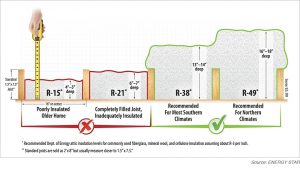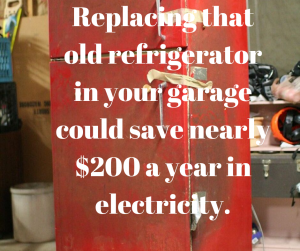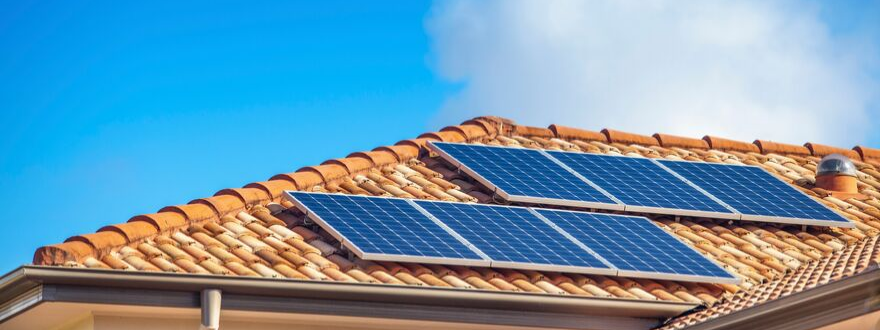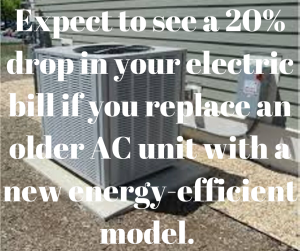With the 30% tax credit on solar installations expiring on Dec. 31, there’s a lot of hype in the air about taking advantage of the credit before it’s gone.
The best advice from solar expert John Sherwin, senior research engineer at the University of Central Florida’s Florida Solar Energy Center: Slow down and make sure your home is ready for solar power.
First of all, the tax credit isn’t really expiring. It’s dropping from 30% this year to 26% in 2020 and 22% in 2021. For a $10,000 system, that means a homeowner could save about $400 if they rushed into an installation this year rather than waiting until 2020. “That’s really not much of a differential if you look at the total cost of the investment,” he said.
The single most important consideration before installing solar power is the age of your roof and its remaining lifespan. “Solar panels are designed for a 20-year lifespan,” he said. “If you have to replace your roof during that time, you’ll need to have the panels uninstalled and then reinstalled, and that’s going to cost more than it did in the first place.” Additionally, solar panels are designed to resist impacts but not necessarily the stress of bending which may occur if they are taken down.
And while prices on solar power have dropped significantly over the past eight years, it still isn’t as cost-effective as some basic energy conservation measures, Sherwin said.
His fast-and-easy checklist for energy savings:
- If there’s room in your attic for more insulation, add it.

- Older air-conditioning units can be electricity hogs. Replacing a “clunker” with a new unit can save up to 25% or more on your air-conditioning bill – which is about 25% of your total electric bill.
- Check for leaking air ducts and replace them. “There’s no point in air-conditioning your attic,” Sherwin said.
- Replace single-pane windows with double-pane.
- Change all lightbulbs from incandescent to CFLs or LEDs. Like solar panels, the price of LEDs has dropped dramatically over the last few years, and they cost about 20% of the cost of incandescent bulbs to buy and operate over a 20-year period.
- Trash the ancient refrigerator toiling away in your garage (or at least replace it with a new more efficient model). “Running a refrigerator in the garage is the worst-case scenario,” he said. “It’s operating in 90-degree temperatures and it is probably not an energy-efficient model.”

- Reconsider outdoor lighting, particularly if you’re still using incandescent bulbs. “They probably cost more than you expect.”
- Replace your older pool pump with a more modern unit. “It will probably cost about $500 or $600 for a new unit, but you’ll save that much in the first year.”
- And speaking of pools, check to see how long your filtration system is running. “If your pool guy set it, he probably set it for the maximum time it should run because the pool will look better with less maintenance.”
And finally, check for “phantom” electric use by clocks, computers, televisions and other appliances that don’t turn completely off even when the LED read-out says off. “it’s usually best first thing in the morning. Turn off everything you can see – lights and ceiling fans, raise the thermostats on your AC and refrigerators so they’re not running, and make sure your hot water heater is off. Then go outside and look at your electric meter to see how fast it’s running – that’s your baseline load. If it’s high, you need to look at ways to reduce it.”
While there are more cost-effective alternatives to residential solar installations, we still encourage interested homeowners to learn more and decide if solar is right for them. According to DecisionData.org, it will take the average Florida homeowner nearly 20 years to recoup their investment in solar power. Visit https://www.solarunitedneighbors.org/florida/ for more tips and tricks.
And check Bay Soundings next week for advice from Florida’s leading experts on the multiple issues involved in installing solar power, including thoughts on solar panels, installation issues and warranties. We’ll wrap the series up with an article focusing on financing a solar power and the multitude of options available.


